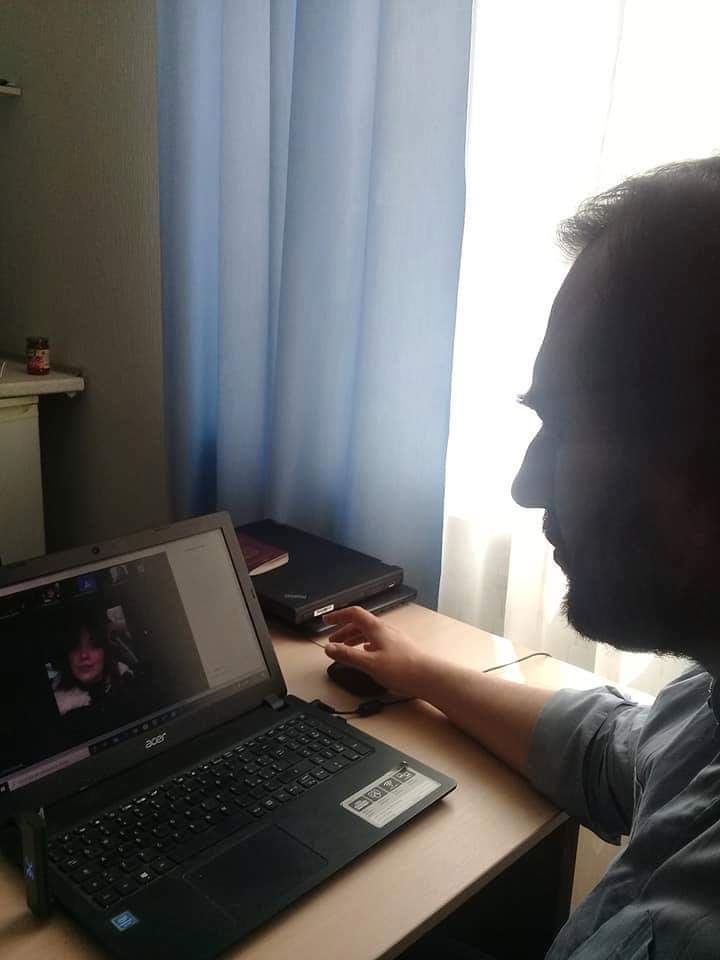Foreign Teachers Keep Training ASU Students
 06.05.2020
06.05.2020
The students of Astrakhan State University keep grinding away at their studies under difficult conditions of self-isolation: they attend online lectures and seminars, do tests and lab research, take part in lectures and webinars. Classes delivered by foreign teachers are also go on.
Thanks to the active work of ASU student clubs and social organizations, the life of students is still hamming of activity, though remotely. As for the foreign teachers, they are almost deprived of f2f communication, support of their families, and many of them speak Russian badly, which makes their mastering of educational platforms in Russian and organization of the study process online more difficult.
The Faculty of Foreign Languages of Astrakhan State University has teachers from Iran, Italy, China, Turkmenistan and Japan. The teachers have told us how they live in self-isolation, what difficulties they have to cope with, how classes are being held and a lot more.
For example, Chinese teacher Chen Xuehas worked for ASU since 2019 and she delivers classes to students of the Faculty of Foreign Languages and Faculty of Social Communication. She speaks Russian a little and uses only Chinese in her communication with the students. She actively uses different programs in the study process during self-isolation.
Her colleague Xu Yujie has been working at the Department of Asian Languages for three years. She’s got to know what methods are the most efficient in the Russian environment. The Chinese teacher managed to organize the process of distance learning without much difficulty, to make it stable and accessible for all students, but she is concerned about possible difficulties in arranging the conditions necessary for holding the exams.
According to the teachers from Iran, Turkmenistan and Japan, although distance learning has made adjustments in the educational process, it didn’t prevent the students from gaining necessary knowledge and skills. In general, it takes them much more time to prepare for classes and check students’ assignments and they try making the most of the available pedagogical methods and the potential of distance learning.
Daniele Lanza, a teacher of Italian at the Department of Romanic Philology, notes that distance learning may seem easy at first glance, but of course it takes some time to get used to it, to gain some practical skills, in particular skills of using different IT tools, as well as to get used to communicating with students indirectly, which deserves close attention, especially since one needs special approaches and techniques to keep contact with the students.


.jpg)

